Life
-
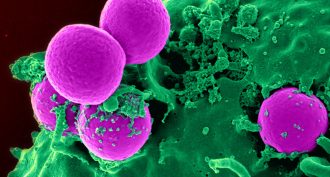 Microbes
MicrobesStaph infections? The nose knows how to fight them
Bacteria living in some people’s noses make a compound that could help fight a nasty type of infection that laughs at other antibiotics.
By Eva Emerson -
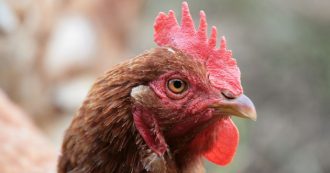 Health & Medicine
Health & MedicineWill chicken cologne guard you from malaria?
Mosquitoes that carry malaria are repelled by the smell of chickens. In malaria country, that could make these birds a human’s best friend.
-
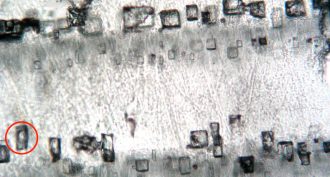 Earth
EarthOxygen-rich air emerged super early, new data show
Scientists had thought animals were slow to emerge because they would have needed oxygen-rich air to breathe. A new study finds that plentiful oxygen may have developed early. So animals may have been late on the scene for another reason.
-
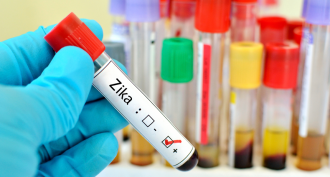 Health & Medicine
Health & MedicineZika can damage the brains of even adults
The Zika virus can damage a developing baby’s brain. The infection can also kill off an important type of cells in adult brains, a new mouse study finds.
By Meghan Rosen -
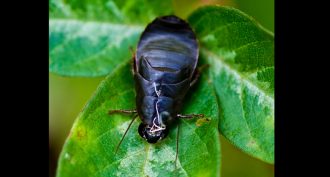 Chemistry
ChemistryGot milk? Roach milk could be a new superfood
Scientists have just figured out the recipe for cockroach milk. And that could be a first step toward making it part of the human diet. Yum!
By Dinsa Sachan -
 Archaeology
ArchaeologyThe first farmers were two groups, not one
The humans that began farming 10,000 years ago in the Fertile Crescent may have been two cultures living side-by-side.
-
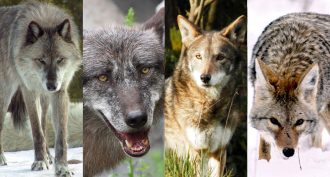 Genetics
GeneticsWolf species shake-up
A genetic study says red wolves and eastern wolves may really be mixtures of coyotes and gray wolves, not distinct species.
-
 Genetics
GeneticsHow fake sugar can lead to overeating
Scientists have found that fruit flies and mice eat more after consuming food laced with a popular fake sugar.
By Dinsa Sachan -
 Environment
EnvironmentSomething in plastics may be weakening kids’ teeth
The body can confuse some pollutants for a natural hormone. Researchers in France now find such pollutant exposures in childhood may lead cells to make defective tooth enamel.
-
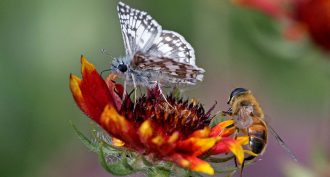 Environment
EnvironmentNon-scents: Pollution can confuse pollinators’ sniffers
New research uses computers to predict how much longer it takes bees and other pollinating insects to sniff out lunch in a polluted environment.
-
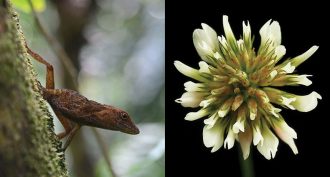 Life
LifePlants, animals adapt to city living
Cities have turned into experiments in evolution for both plants and animals, from the taste of clover to the stickiness of lizards’ toes.
By Susan Milius -
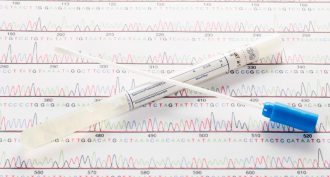 Genetics
GeneticsScientists Say: DNA sequencing
All of us have our own individual DNA. Now, scientists can determine what each individual strand is made of — a process called DNA sequencing.